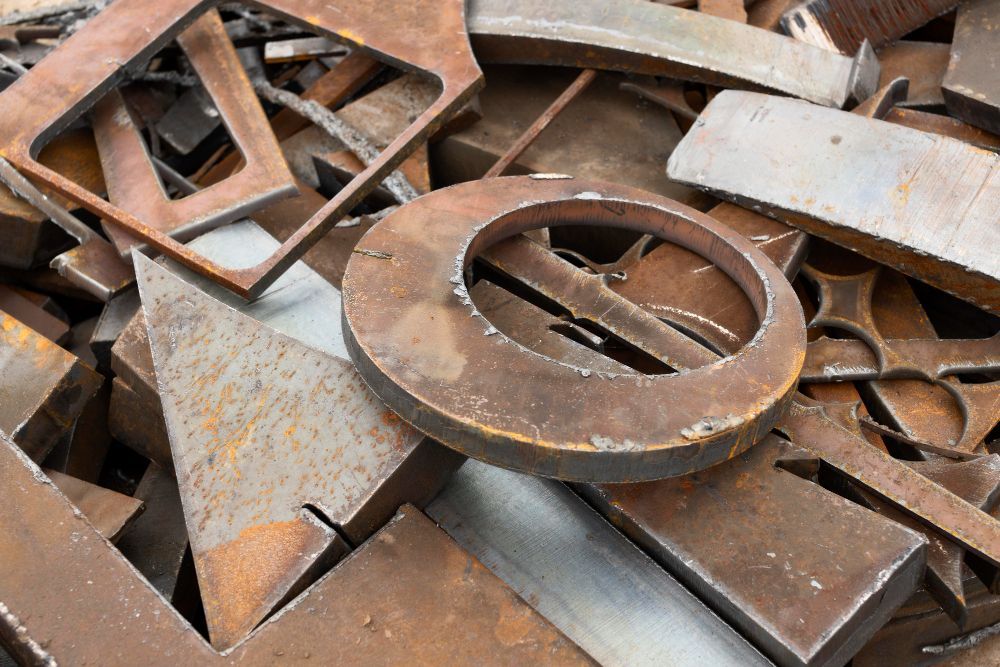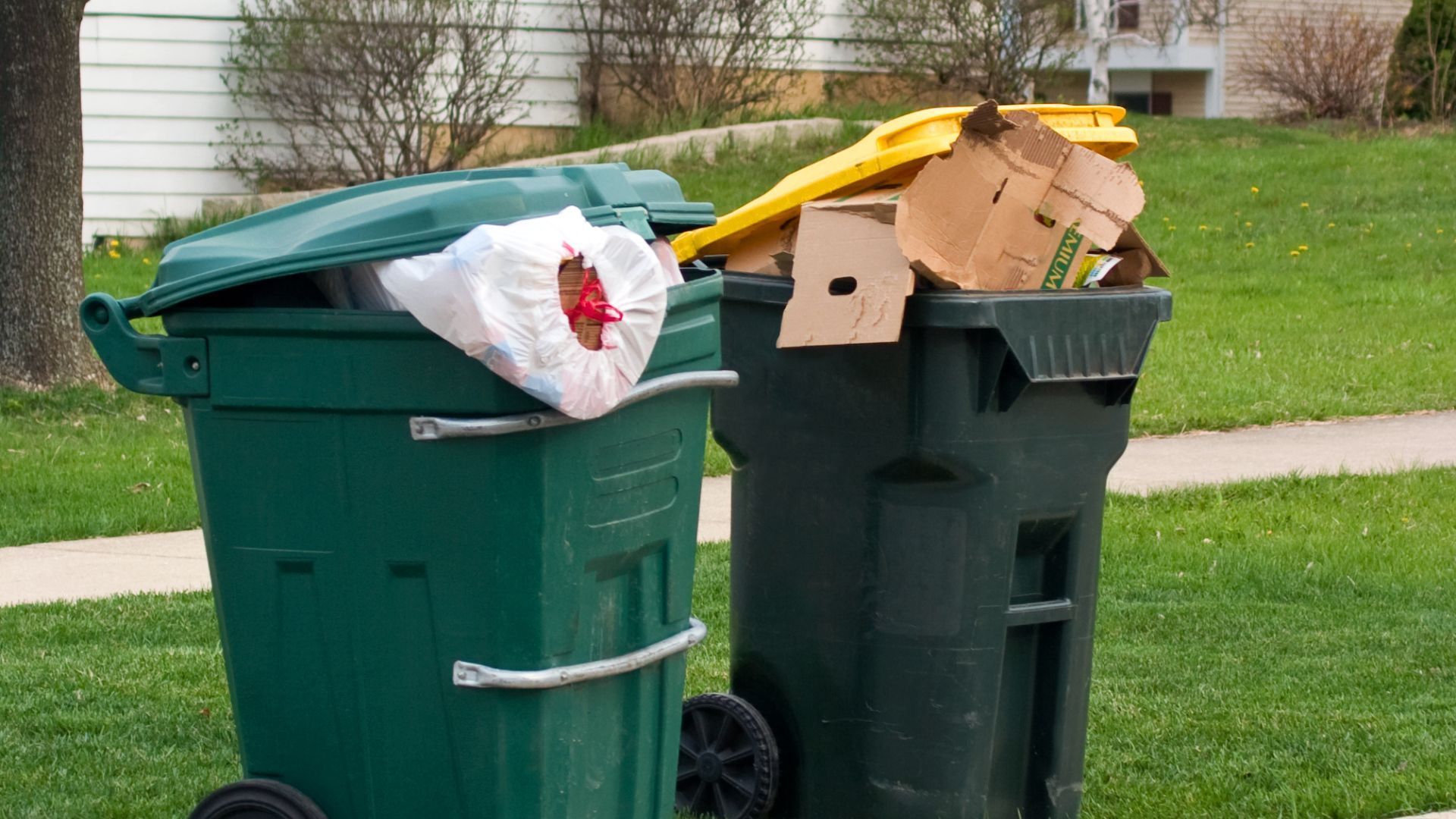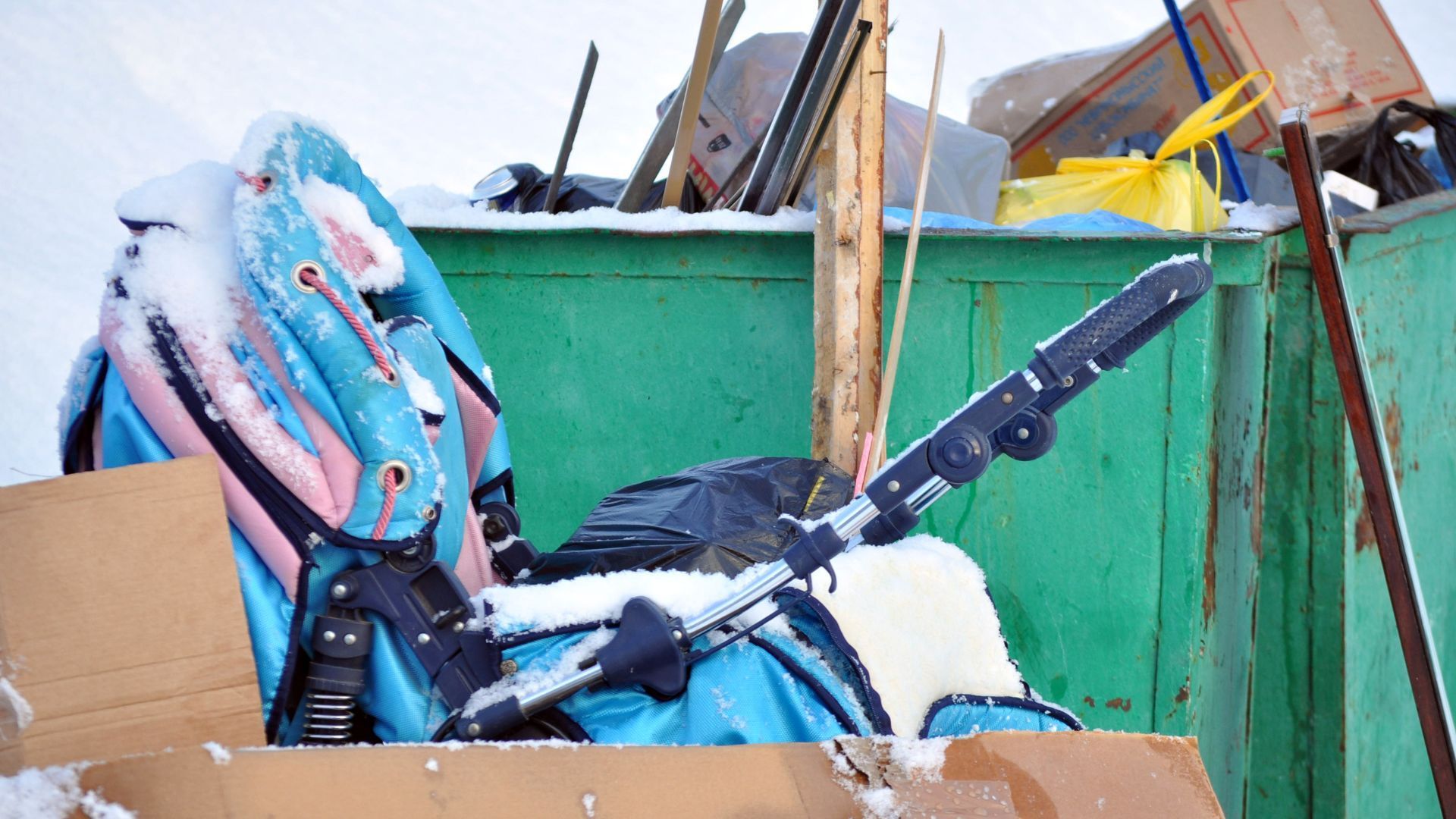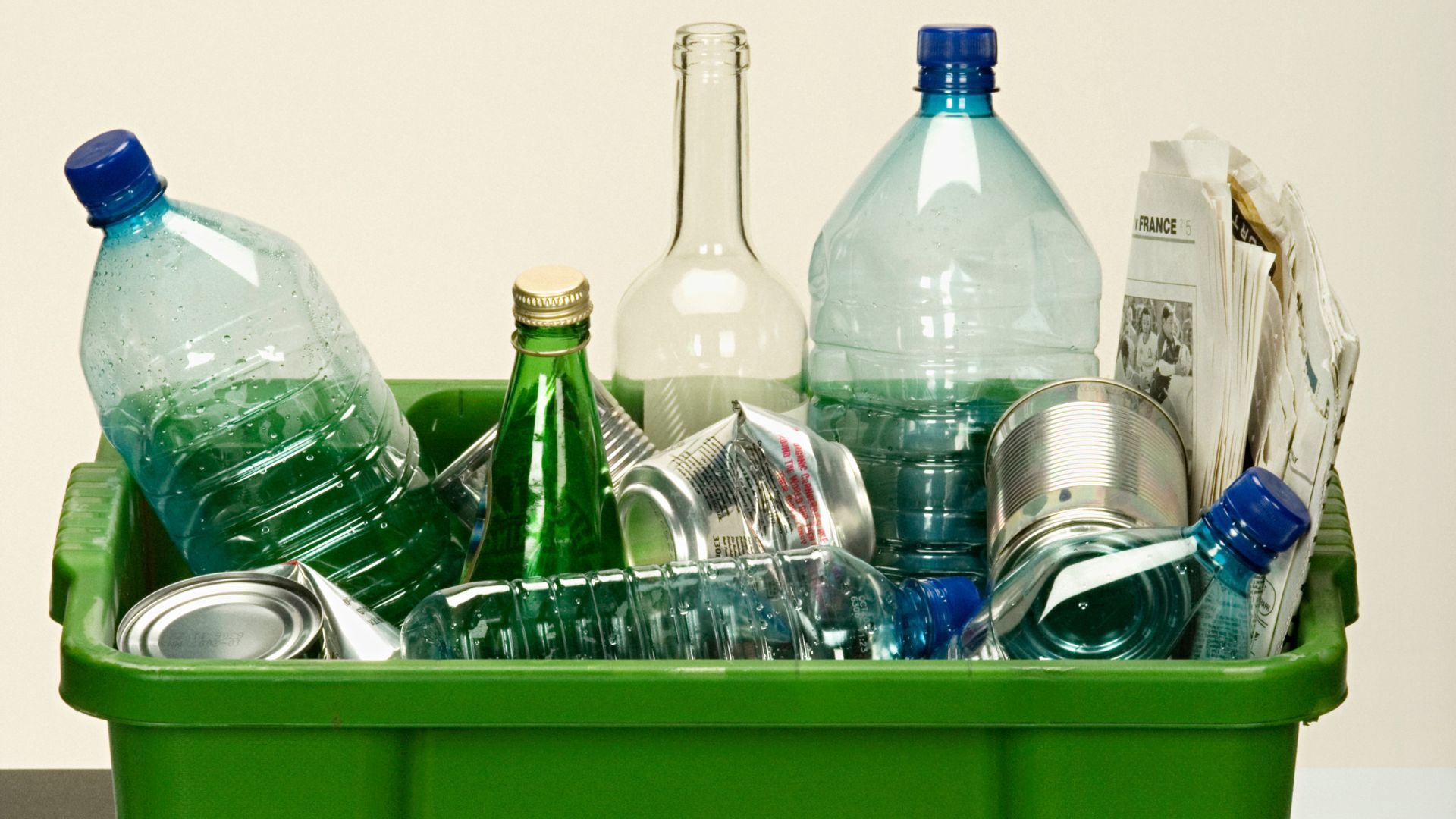Why Scrap Metal Removal Augusta Services Truly Matter
Scrap metal removal isn't just a chore—it's a silent revolution shaping healthier communities and sustainable routines. Behind the clatter of old appliances and rusted pipes lies an opportunity: repurposing materials that would otherwise clutter yards, clog landfills, and rob us of valuable resources. Every pick-up is a chance to turn yesterday’s cast-offs into tomorrow’s building blocks, and when local services take charge, this process becomes approachable, efficient, and even inspiring.
In Augusta, routines around scrap metal seldom involve hauling items to distant recycling facilities. Professional crews handle the grind—from sorting and hauling to drop‑offs at certified centers—with skill and responsibility. That means no risk of injury, no guessing which bin to use, and no compromise on environmental standards. It’s a shift away from “dispose and forget” toward a cycle of renewal, where even heavy, unwieldy objects find new relevance.
Economic Ripple Effects: Boosting Local Recycling and Jobs
Recovering scrap metal creates a tangible economic uplift in Augusta and its surrounding areas. When materials like aluminum, copper, and steel are collected locally, they enter a regional recycling stream that fuels manufacturing, construction, and repair industries. Scrapping these metals locally saves transportation costs, reduces emissions, and strengthens the local economy—every pallet or beam repurposed keeps value circulating nearby.
Just as significant is the job creation tied to the metal recycling chain. From drivers and laborers to sorters and facility staff, each scrap-lifting operation supports livelihoods. Local scrap removal services, especially family‑owned outfits, generate employment and reinforce Augusta’s reputation for practical stewardship. Each load of metal may seem small, but it contributes to a greater cycle of community health, workforce vitality, and economic resilience.
Scrap Metal as Economic Fuel: Turning Waste into Community Wealth
Each load of scrap metal removed from a backyard, construction site, or industrial lot may appear modest in isolation, but collectively, these discarded fragments serve as a quiet but powerful engine of economic regeneration. What once rusted behind fences or piled up near dumpsters transforms into raw material for progress. In the hands of skilled professionals, this so-called junk becomes a high-demand resource—feeding local manufacturing, bolstering recycling facilities, and keeping critical industries supplied with affordable alternatives to newly mined metal. In this way, Augusta doesn't just dispose of its waste; it reinvests it.
This transformation doesn’t stop at the recycling plant. The renewed value of scrap fuels opportunities that reverberate throughout the local economy. Small businesses gain access to materials at lower costs, enabling them to compete more effectively. Job stability improves as more hands are needed across collection, sorting, and processing stages. Incomes rise, and with them, purchasing power that supports everything from neighborhood stores to school fundraisers. These individual gains, multiplied across a city, elevate the collective quality of life.
Environmental Stewardship: More Than Just Green Rhetoric
At its core, recycling scrap metal alleviates pressure on Earth’s raw resource reserves. Mining and refining metals consume enormous energy and generate greenhouse gas emissions. By channeling used items back into industrial use, scrap removal services help shrink that environmental impact. Every steel fridge or copper wire diverted from the dump spares forests, reduces emissions, and conserves water—one haul at a time.
Moreover, removing abandoned scrap improves local ecosystems. Rusting metal debris can leach toxic substances into soil and groundwater or injure wildlife. Clearing these hazards restores ecological balance, allowing flora and fauna to rebound. Trained crews who understand local regulations make sure toxic elements, like lead or refrigerants, are correctly handled—preventing harm before it becomes widespread.

Safety First: Reducing Risks for Residents
Leftover scrap metal can be a hidden hazard in driveways, basements, or work sites. Sharp edges, heavy components, and deteriorating structures present risks for cuts, falls, and back injuries. When handled improperly, these items become a danger for families, pets, and DIY enthusiasts. Professional removal services eliminate these threats with precision and precaution, wearing protective gear, securing loads, and avoiding accidents.
Beyond individual safety, scrap heaps can attract pests, block emergency access, and complicate maintenance. Clearing them ensures not only that no one gets hurt during handling, but also that properties remain hazard-free long-term. Specialists approach each job strategically—disassembling, packing, lifting with care—a far cry from tossing random rusted junk into the bed of a pickup truck.
Convenience and Cost-Efficiency: Why DIY Doesn’t Add Up
Many homeowners assume DIY removal will save time or money, but the reality often proves otherwise. Renting a truck, paying tipping fees, wasting personal time—these add up fast. Scrap items are heavy and cumbersome; what seems trivial can become a half‑day endeavor. By contrast, a professional crew arrives on-site with all the gear, takes your items in minutes, and handles disposal responsibly.
Transparent pricing—typically based on volume—means no anxiety over surcharges or logistical surprises. Plus, their industry connections often yield better rates at recycling centers. When hauling a load of steel, what feels like a modest upfront charge by a service often nets higher returns delivered back to the recycler. This convenience grows even more pronounced for larger jobs, repeated clean-ups, or commercial needs.
Commercial and Industrial Applications: Scaling Up Responsibly
For businesses, construction sites, and industrial operations, scrap metal removal isn’t optional—it's essential. Accumulated steel beams, outdated machinery, and discarded materials congest worksites, delay schedules, pose safety hazards, and escalate disposal costs. Efficient removal services tailor solutions to fit large‑scale needs: crew size, specialized equipment, permits, and timed pickups that don't interrupt operations.
Local scrap processors reinforce this by offering fully traceable disposal paths. By adhering to environmental standards, businesses minimize regulatory risk and demonstrate accountability. Investors, tenants, and communities take notice when facilities treat waste as part of their operational strategy, not an afterthought. Returning scrap into the supply chain strengthens a sustainable industrial ecosystem—and builds reputations for reliability and environmental responsibility.
Community Engagement: Spreading Awareness and Participation
Scrap removal drives awareness across neighborhoods. Outreach through workshops, digital content, or service handouts educates residents about which metals are worth recycling, and how to prepare them safely for pick-up. When people see old cars, stoves, or fencing reclaimed, they begin to notice other opportunities in their garages—fostering a culture of reuse.
Such education spills into schools, civic groups, and even local policy. When a community embraces metal recycling, municipalities can reduce illegal dumping, enhance curbside programs, and align with broader sustainability goals. Scrap removal firms often develop partnerships with nonprofits and shelters, turning usable metal into social benefit. A local scrap pick-up can ripple into greater civic responsibility.
Lifecycle Transparency: Tracing Metal’s Journey
A standout feature of reliable scrap services is transparency. From the moment an item’s picked up to its arrival at a licensed recycling plant, each step is traceable. Metals are sorted by type, cleared of contaminants, and weighed. Clients often receive weight tickets and recycling receipts—a record of how their contributions are processed.
This accountability connects consumers and businesses to a broader environmental mission. Clients understand precisely how their materials are reused—whether remelted into construction steel or repurposed in electronics. That traceability isn’t just paperwork—it’s a map of impact, showing how routine pickups contribute to industrial cycles, reduced mining, and climate goals.
Post-Renovation Cleanup: Essential Aftercare
Home and business renovations inevitably produce scrap metal—from rebar in foundations to copper piping and steel beams. Leaving that material behind delays further stages of a build and adds health risks if it’s sharp, rusty, or asbestos‑containing. Professionals sweep in post‑demo to remove and clean properly, allowing drywallers, painters, and decorators to move in.
By subcontracting clean-up, project managers avoid juggling logistics or calling in teams at odd hours. They gain peace of mind while maintaining momentum. Handling everything responsibly ensures materials are repurposed, and the site passes health, safety, and environmental inspections seamlessly.
Sustainable Growth: Reducing Landfill Burden
Landfills are finite resources. Once metal items are diverted, their physical space is reclaimed, methane emissions decrease, and infrastructure strain diminishes. In Augusta, this helps delay costly expansions or new site development. Scrap metal removal services contribute to wiser municipal budgeting, keeping local taxes and tipping fees in check.
Moreover, when metal is consistently cycled back into industry, demand for virgin ore drops. Fewer trucks on the road, fewer environmental disturbances at extraction sites, and less energy-intensive steelmaking—all this amplifies impact over time. Local jobs, sustainable materials, and cleaner neighborhoods: a triple win.
Health and Hygiene: A Subtle Benefit
While the visual eyesore of accumulated scrap metal is immediately noticeable, its hidden health hazards often go undetected until they’ve become serious problems. Left untouched in backyards, storage sheds, or along fence lines, metal debris can trap moisture and organic matter, creating the perfect storm for mildew, black mold, and bacterial growth. Hollow spaces in old appliances, rusted car parts, and bent sheet metal become shelter for rodents, snakes, and insect colonies—especially mosquitoes that breed in standing water.
Scrap metal removal services eliminate these hidden risks at their source. By clearing piles of rusted debris, they disrupt the habitats that allow pests and mold to thrive. Once metal is removed, air and sunlight return to the area, restoring natural circulation and drying up lingering moisture. This not only halts mold growth but also allows the soil beneath to regenerate, reducing the chance of rot, erosion, or fungal contamination. Proper removal also helps prevent injuries from rusted or jagged metal, which can cause serious infections or tetanus if mishandled.
Conclusion
When cluttered yards or old appliances crowd your space, scrap metal removal services deliver more than convenience—they shape a vision of smart community living. From environmental protection to local economic impact, these services act as catalysts for safer, cleaner, and more resource-conscious neighborhoods.
m
If you’re in Augusta, GA and ready to transform your property while supporting local sustainability, consider professional scrap metal removal through Hinkins Disposal, located in Augusta, GA. For more information or to schedule a pickup, you can reach them at (706) 885‑4032 or email Hinkinsdisposal@gmail.com.




